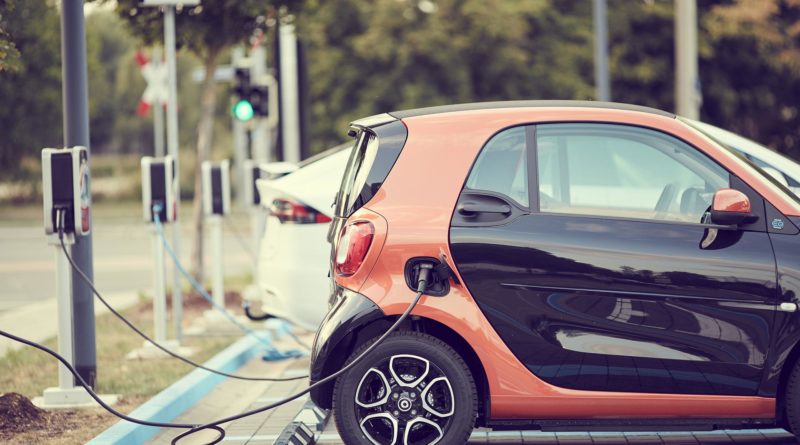Are electric cars better for the environment?
SHORT ANSWER
Yes
LONG ANSWER
Still yes, but not every aspect of electric cars is “green”.
First, the good news: A study published in 2020 compared the lifetime emissions of electric vehicles with conventional petrol cars. The results showed that electric cars lead to lower emissions in 95% of the world.
The only exceptions were places such as Poland, where energy production still depended heavily on coal. Meanwhile, in countries whose power comes mostly from renewables and nuclear, like Sweden and France, lifetimes emissions from electric cars are up to 70% lower.
And the picture is improving almost everywhere, with more and more energy coming from renewables globally.
Also, while petrol cars pollute the air via exhaust fumes, electric cars do not. However, they’re not perfect in this regard, as they still produce tiny particles from brake and tyre dust.
The darker shade of grey in this green revolution relates to raw materials. Most electric vehicle batteries contain lithium-ion cells which require minerals like cobalt, lithium and rare-earth elements. According to the New York Times, mining of these has been “linked to grave environmental and human rights concerns”. A United Nations report examines these issues in more detail.
The NY Times also highlights concerns over the recycling rates of these batteries.
So there are definitely issues, but production of petrol and diesel cars – and the fuels to run them – are problematic too. The future is clearly electric, so it’s up to governments, industry and consumers to ensure that future of road transport is fair, clean and green.




